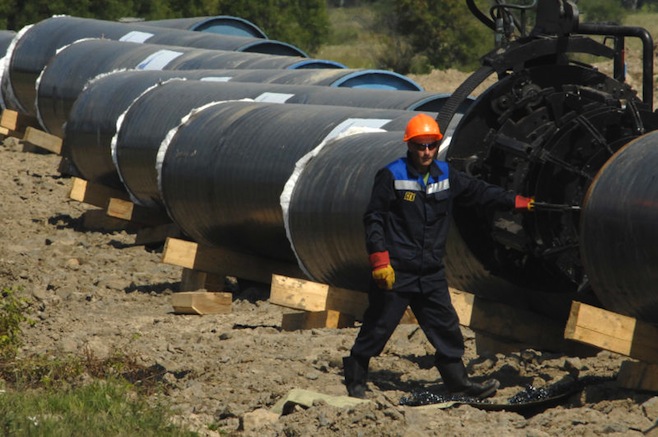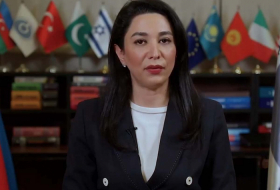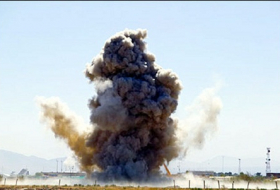Turkish Stream: funding problems, not Ankara-Moscow tension

This week Turkish Deputy Chief of Mission to the United States Tugay Tuncer told Sputnik that Turkey is willing to hold discussions with Russia to solidify plans for the Turkish Stream gas pipeline.
"We see this [Turkish Stream] as a commercial deal. If the Russians want to talk, we can come and we can talk," Tuncer said.
Under perfect circumstances, Russia would also like to see Turkish Stream project implemented, according to Grigas.
“Turkey is the second largest European market for Russian gas exports and its needs are increasing while the demand for Russian gas in other European markets is slowing if not outright declining,” Grigas said.
In 2014, Turkey was the second largest importer of Russian gas after Germany – Ankara purchased 27.3 billion cubic meters of gas from Russian Gazprom.
Moreover, Grigas said, Russia is determined to reduce flows of gas via pipelines through Ukraine and thus wants to pursue projects like Nord Stream II and Turkish Stream.
However, financially, times are tough for Russia and implementing the Turkish Stream project will be difficult, according to Grigas.
“Moscow’s pointing to the recent tensions with Ankara as the main reason for slowing down the Turkish Stream project is perhaps just a way of saving face when the costs of currently implementing it would be difficult for Russia to bear,” Grigas said.
The Turkish Stream project, which envisaged the construction of a gas pipeline from Russia to Turkey through the Black Sea, had been put on hold by Russia on Dec. 3, 2015. The negotiations on the project’s imlementation have been stopped following the deterioration of the Russian-Turkish relations after Turkish Air Force jets shot down the Russian SU-24 bomber when it entered Turkish airspace Nov. 24.
In December 2015, Russian President Vladimir Putin said the project will be implemented in case Turkey obtains guarantees from Brussels.
Speaking about the possibility for improvement of the Russia-Turkey relations, Grigas said that in the recent past, Turkey and Russia have been friends only out of necessity due to their common energy interests.
“Russia has also been trying to win over Turkey due to its strategic geographic role in energy transit in relation to Europe, the Black Sea and the Caspian regions,” she said.
“At the same time, distrust between the two countries goes back hundreds of years and they have competing interests in Syria and the Middle East,” she added.
While relations between Ankara and Moscow may improve there will always be underlying tensions and distrust, Grigas believes.














































